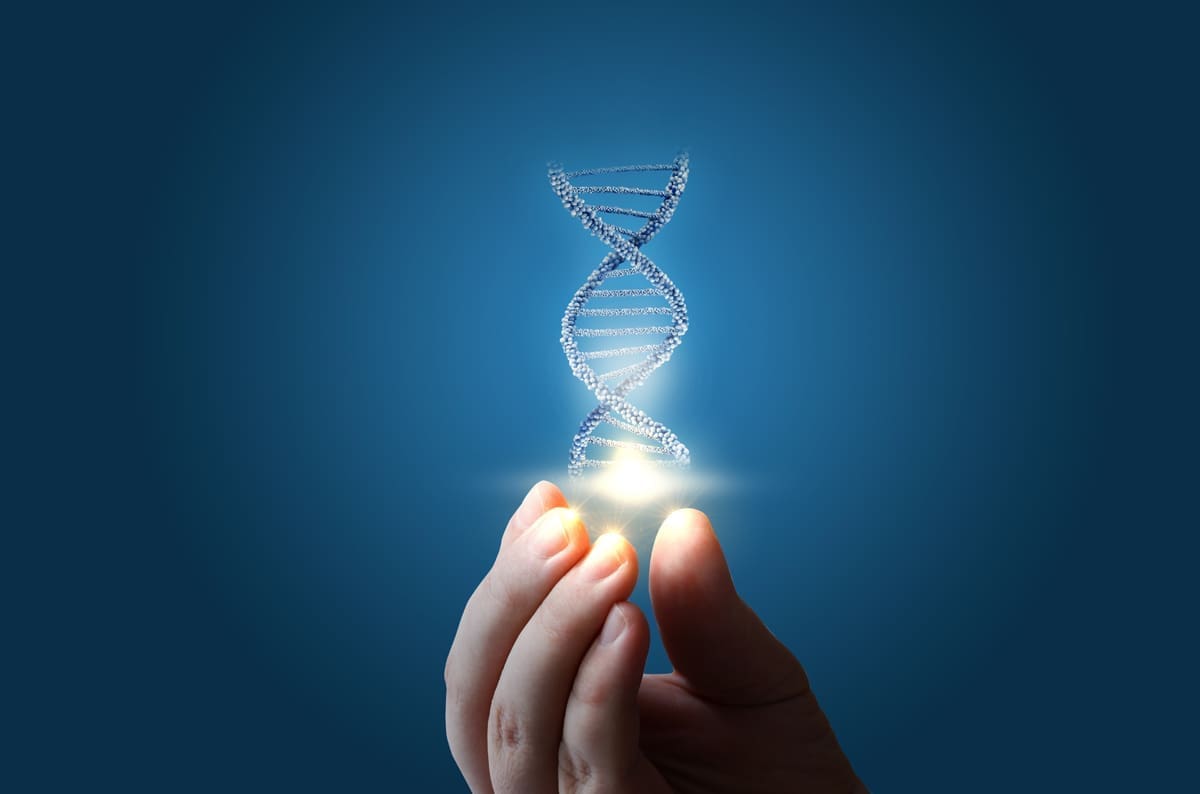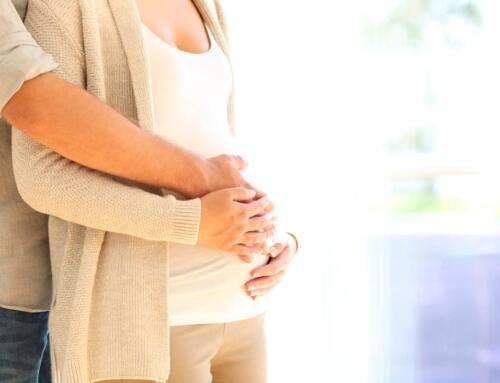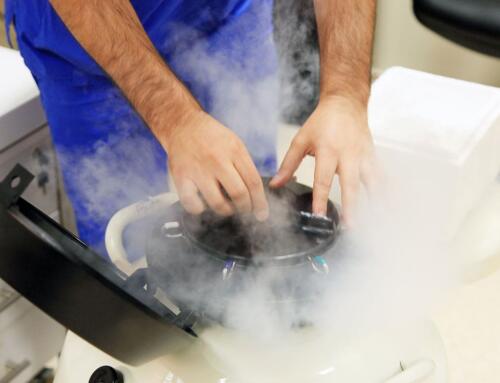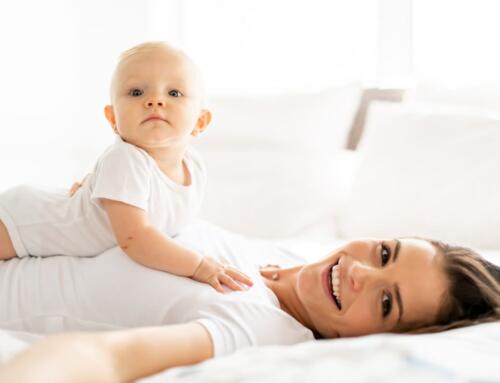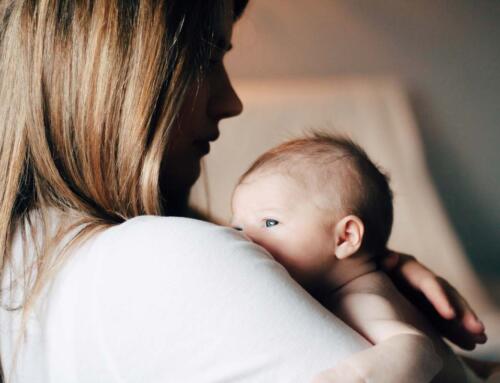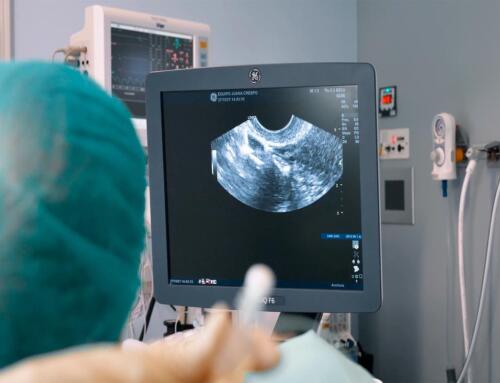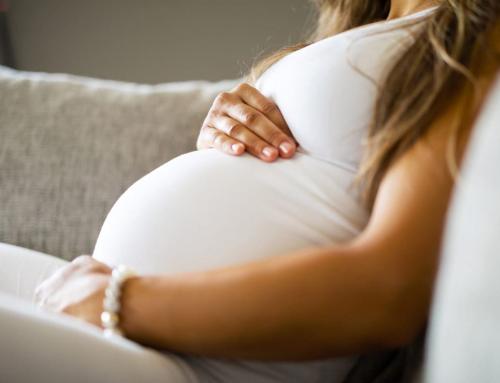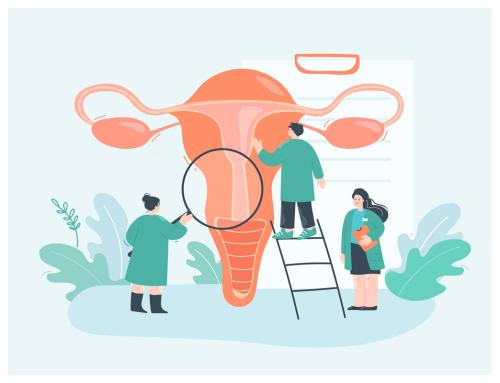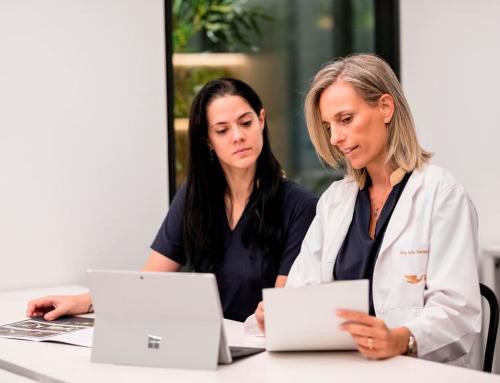The ROPA Method (ROPA is the acronym for Reception of Eggs from the Partner) is an assisted reproduction treatment aimed at couples of women who wish to have a child together and who want to participate in this process in a joint and active way.
Technically, it is a “conventional” IVF, but with a special feature: one of the women in the couple provides the eggs, while the other carries out the pregnancy.
This means that one of them will undergo ovarian stimulation treatment and follicular puncture to extract the eggs, while the other will undergo endometrial preparation and embryo transfer.
When talking about the ROPA Method, it is usually specified that one of the mothers will contribute her genes to the future child (biological mother) while the other will carry out the gestation (gestational mother).
However, if you have heard of this treatment, you will also have heard that both women will be the biological mothers of the future baby.
But is this true?
What is epigenetics?
According to the latest research, when a woman gestates an embryo, she modifies its development and the expression of some of its genes.
In other words, even if the egg is not genetically hers, it influences its evolution.
Proof of this is that, for example, some maternal pathologies during gestation, such as obesity or type II diabetes mellitus, are closely related to the development of the embryo.
This is part of what is known as epigenetics, a branch of genetics that studies the different factors that, although they do not directly modify genes, can vary the way in which these are expressed.
Epigenetics is a word of Greek origin that can be translated as “above the genome”.
Molecular biology expert Thomas Jenuwind describes epigenetics with this melodic comparison:
“The difference between genetics and epigenetics can be compared to writing and reading a good book. When it has been written (all the genes that are stored in the DNA) it will be the same in all the copies that are distributed. However, each person reading it may interpret the story differently. Similarly, epigenetics may allow for different interpretations of the same genetic code, and may result in different readings, depending on all the conditions under which the template is interpreted”.
Currently, epigenetics is based on the study of reversible changes in DNA and all the proteins that manage to bind to it and that allow genes to be expressed or not, depending on certain conditions.
Some of the epigenetic changes that are considered reversible are DNA methylation, chromatin modification and RNA interference.
Epigenetics and pregnancy: the role of maternal-fetal communication in infant development
The question is: what does epigenetics have to do with the ROPA method or other techniques to achieve pregnancy, such as egg donation?
The term epigenetics is also used to refer to the communication that takes place between the pregnant mother and the embryo before the embryo is implanted in the uterus.
At that moment, the pregnant mother secretes endometrial fluid with genetic information (microARNS) that is taken up by the embryo, causing proteins to be expressed that favour its implantation.
This exchange between the endometrium and the embryo can cause some specific functions to be expressed or inhibited in the embryo, giving rise to epigenetic transcriptional modifications at the RNA level in cells, tissues or organs that will be decisive in its development.
This biological process would explain why in some pregnancies with the ROPA Method the baby resembles both mothers, or why there are some physical features that coincide between mothers and children of ovodonation.
Epigenetics in the ROPA Method: is the biological factor important in motherhood?
The fact that the same embryo can develop differently in one womb or another, or the possibility that a mother can modify the genetic information of her child, even with a donated egg, makes it possible to break down some of the emotional barriers surrounding motherhood through ovodonation or the ROPA method.
In the second case, the importance of being a biological mother or not depends on various issues, both emotional and physical.
In fact, couples of women who want to have a child together with this method must undergo different medical tests to assess their ovarian reserve, the quality of their eggs, their general state of health or their genetic compatibility.
And, although the decision of which role each of the women will assume in the process is up to the couple, the doctors will advise them which of them is the best candidate to provide the ovum and which is better to support the pregnancy, taking as reference the chances of treatment success.
In any case, motherhood will always be shared, regardless of the biological relationship with the baby, since this bond that begins in pregnancy is built and strengthened throughout life. Are you interested in doing a ROPA Method to become a mother with your partner? Call us to make an appointment and request information without obligation.


